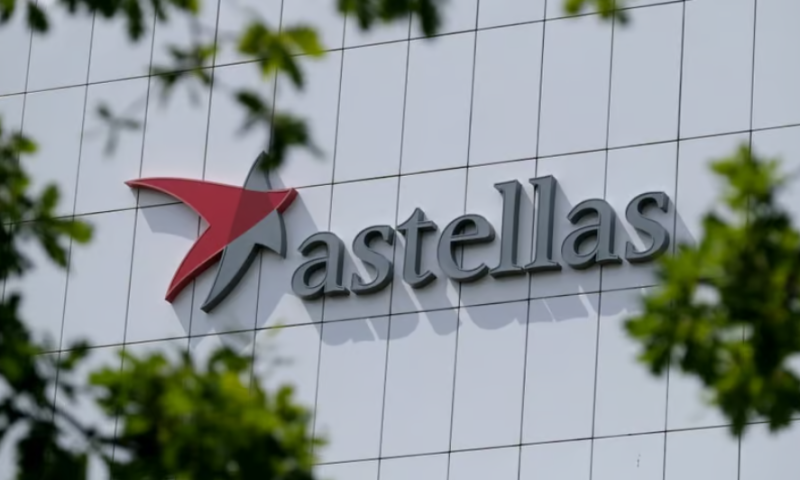Astellas has found a biotech capable of enhancing its in-house protein degradation skills. Having used its internal capabilities to hustle a KRAS candidate into the clinic, the Japanese drugmaker has agreed to pay Cullgen $35 million upfront to access next-generation prospects.
Protein degradation has emerged as a hot modality in recent years as evidence of its potential to address undruggable proteins has been uncovered. The interest has enabled biotechs specializing in the modality to land big ticket deals, such as the $650 million upfront Arvinas received from Pfizer in 2021, and receive investment to advance their pipelines. Astellas has identified the approach as one of its five primary areas of focus.
Unlike some of its peers, Astellas has internal capabilities, which have birthed a pipeline led by the phase 1 KRAS G12D degrader, but it still sees a need for partnerships. Specifically, the company has identified (PDF) partners as a source of the E3 binders that are critical to the modality.
Enter Cullgen. The privately owned biotech has a targeted protein degradation platform featuring novel E3 ligands, which it calls uSMITE. Working out of sites in China and the U.S., the biotech has raised more than $100 million from investors including an AstraZeneca-backed fund. Now, Astellas is adding another $35 million to Cullgen’s coffers now, with the total to reach up to $1.9 billion if the deal hits all its targets.
In return for the outlay, Astellas has secured an exclusive option to license protein degraders created by combining its drug discovery capabilities and Cullgen’s platform. The partners will work together to find clinical candidates, with Astellas handling clinical development and commercialization of candidates that it licenses, unless Cullgen takes up its option to share the costs and profits of a program.
The biotech also has the option to “co-promote partnered products in the U.S. for the lead program, previously identified by Cullgen as a cell cycle protein degrader for the treatment of breast cancer and other solid tumors.”
Cullgen joins a small but fast-growing band of biotechs that Astellas has partnered with on protein degradation. Last year, the Japanese drugmaker teamed up (PDF) with Fimecs, a biotech built on Takeda technology, and allied with Generian Pharmaceuticals to work on small molecules that activate, stabilize or degrade proteins. Astellas is initially focused on cancer but sees opportunities to use protein degraders in other settings such as immunology.

